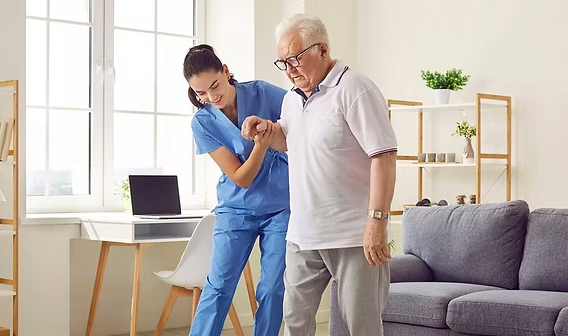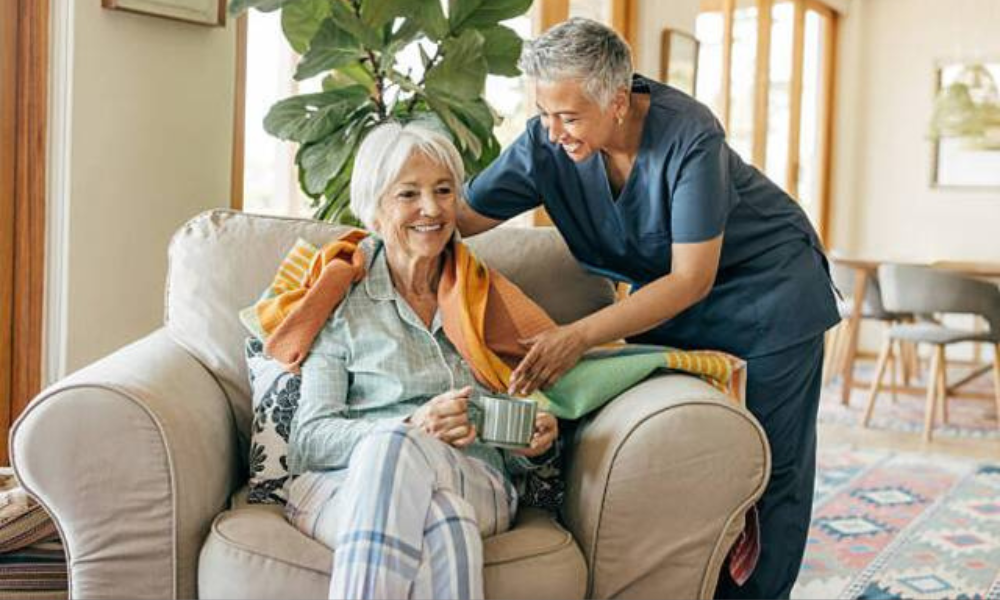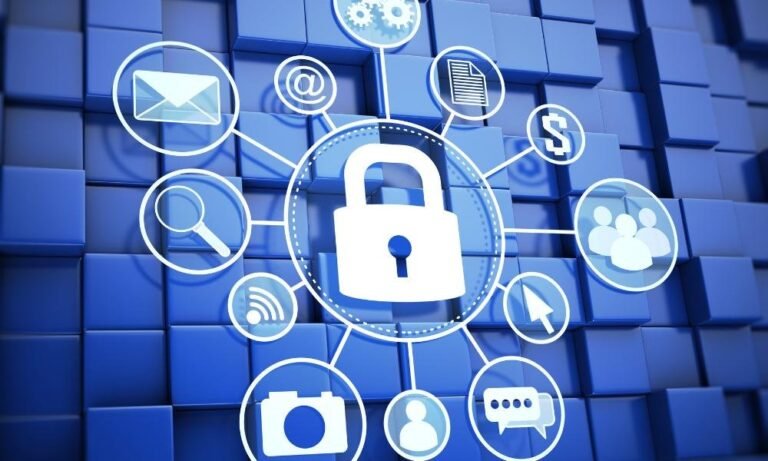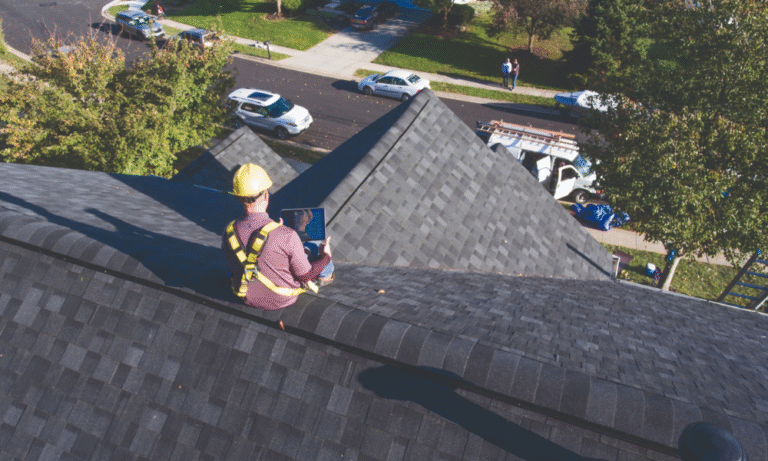Estimated reading time: 5 minutes
Last updated on August 21st, 2025 at 09:54 am
As the world population ages, elderly home care has become crucial to healthcare. Caring for our aging loved ones while ensuring their comfort, safety, and well-being has become increasingly challenging.
Fortunately, technology has brought about various solutions that can help ease the burden of elderly caregiving. From mobile apps to wearable devices and telemedicine, technology is changing how we care for our elderly. In this blog post, we’ll explore the benefits of technology in elderly home care and how it can improve the quality of life for seniors and their caregivers.
Increased Safety and Security for Elderly Homecare Recipients

With the help of technology-based applications in-home care, elderly individuals have increased safety and security in their living environment. Monitoring systems provide peace of mind for seniors who live alone, and exchanging clinical data between different systems allows for more efficient care management.
Additionally, AI and ML technologies help reduce the risk of accidents and falls by providing real-time monitoring and alerts. The use of technology also allows for remote monitoring of medical conditions, ensuring timely interventions when needed.
Implementing technology in elderly home care services promotes a greater sense of security and safety for elderly clients, giving them the confidence to maintain their independence while receiving necessary care assistance.
Enhancing Social Connections for Older Adults

Technology has revolutionized how older adults connect with their loved ones and the world around them. With the advent of tablets, smartphones, and computers, staying in touch with family and friends has become more straightforward and interactive.
The benefits of social connectedness and engagement technologies go far beyond communication, as they can increase an older adult’s social network and reduce feelings of loneliness and isolation. In the era of pandemic-induced social restrictions, older adults have increasingly relied on online connections.
This is why people are turning to virtual social and educational engagement, technology training for seniors, and expanded access to broadband services to enhance social connections in older adults. By leveraging technology to facilitate better interpersonal relationships, we are positively impacting an older adult’s mental health and overall quality of life.
Improved Access to Health Care Services
With the help of technology-based applications in-home care, elderly individuals have increased safety and security in their living environment. Monitoring systems are now a big part of how remote patient monitoring works in the home, offering peace of mind for seniors who live alone, whilst simultaneously reporting health data between different clinic systems and reporting back to healthcare providers in the event that urgent care is required.
Home healthcare services can be accessed through telemedicine, eliminating the need for transportation and providing remote access to qualified healthcare professionals.
Utilizing health information technology interventions, such as electronic health record systems and mobile health devices can also improve accuracy and access to health data for patients in care. Home care scheduling software can improve care coordination between healthcare providers, ensuring that older adults receive timely and effective care as well as thorough care coverage to ensure someone is always on hand to help them.
Additionally, e-health solutions can help overcome barriers for older adults to access health care by offering personalized, remote care. By enhancing access to health care services, technology can help older adults manage their health conditions and maintain their independence at home.
Enhanced Quality of Life Through Automation
By adopting innovative home technologies and the Internet of Things, older adults can enjoy an enhanced quality of life through automation. With various automated devices, seniors can remotely control home appliances, voice activate gadgets, schedule medication reminders, and even control lighting and temperature, all from the comfort of their homes.
This increased independence and ability to control their environment helps seniors feel more engaged in their daily lives, boosting their overall well-being. Additionally, automation can help seniors manage daily tasks more efficiently, ensuring they can focus on activities that they find meaningful and enjoyable. By improving their daily routines and giving them a greater sense of control over their lives, automation can potentially improve the lives of older adults in many ways.
Enhancing Cognitive Abilities in Older Adults
Another significant benefit of technology in elderly home care is its potential to enhance cognitive abilities in older adults. With the help of mental training and monitoring, technology promises to reduce the impact of cognitive changes that come with aging.
Psychologists are working diligently to design and adapt easy-to-understand and use technologies for older adults. Simple puzzle and word games and video games have been found to improve memory and cognitive functions, and assistive technologies for people with dementia and their relatives can ensure and improve home care.
Technology can help older adults maintain their independence, reduce isolation, and promote mental and physical well-being by supporting cognitive abilities.
Conclusion
In conclusion, technology has the potential to revolutionize the lives of older adults by providing innovative solutions that enhance their daily routines and living environments. With increased advancements in AI, ML, and e-health, older adults can enjoy greater independence, safety, and security, improved access to healthcare services, and enhanced cognitive abilities.
Additionally, technology enhances nurse-patient relationships and social connections, paving the way for a better quality of life. Older adults’ perceptions and use of technology are embedded in their social, personal, and physical contexts.
It is essential to recognize their needs and tailor solutions catering to their specific requirements. As technology evolves, it will undoubtedly pave the way for a brighter, safer, and more enjoyable future for elderly home care recipients.



